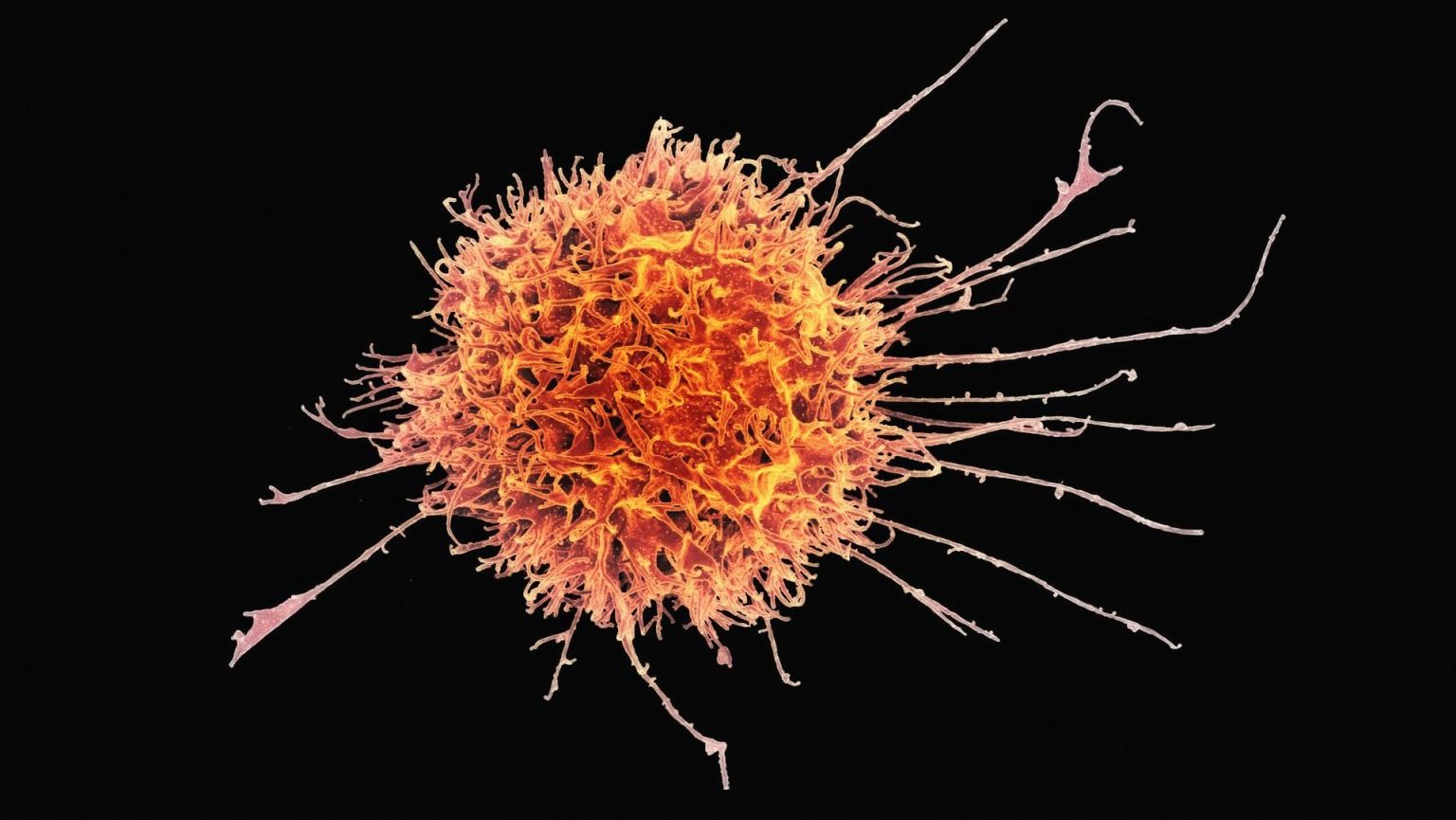Yunus’ will to end poverty has taken him from Bangladesh to Tennessee.
Muhammad Yunus: My name is Muhummad Yunus. I’m the Managing Director of Grameen Bank. I’m from Bangladesh. That’s where I’m from, and I did my Masters degree in Bangladesh and then Fulbright fellowship to come to the States, and did my PhD in Vanderbilt University – Nashville, Tennessee. And then I was teaching in Middleton State Univsersity Tennessee State University in Tennessee. And then I went back in 1972 to Bangladesh and started teaching in one of the universities there.My work was not much related to income gap as such. It is more of utter poverty. I was not looking at the top – how to reach there. I was looking at how terrible the shape of people at the bottom. So I wanted to see how to adjust that because Bangladesh is one of the poorest countries in the world – at that time probably best described as the poorest country in the world in the ‘70s. So you cannot think of anything but poverty. If you want to reach out to people, do something meaningful to the people, this is one issue that you cannot avoid. So as an economic student; as young people from Bangladesh, we continued to think about it, talk about it, discuss about it. But I didn’t realize that it will end up in a famine kind of situation in our lifetime, and that’s what happened. So something pushed me in that direction. So poverty was everywhere. It’s a very frustrating situation how people couldn’t make a living in a day-to-day way because there is no income for them. There is no employment for them. Their housing conditions is extremely bad. Their food is very difficult to find. So those are the issues which kind of interested me – see what can be done.
Recorded on: 1/23/08





